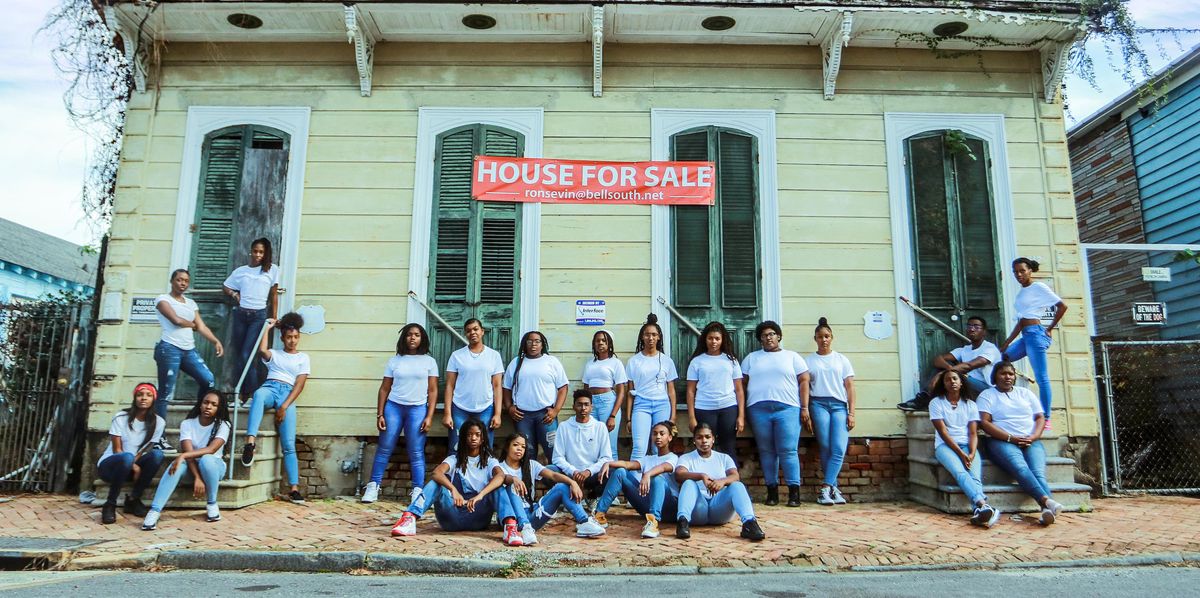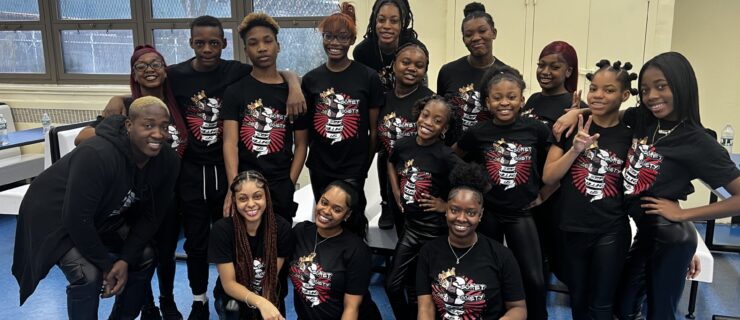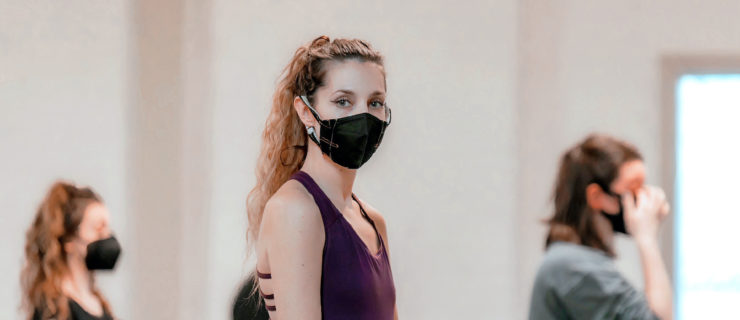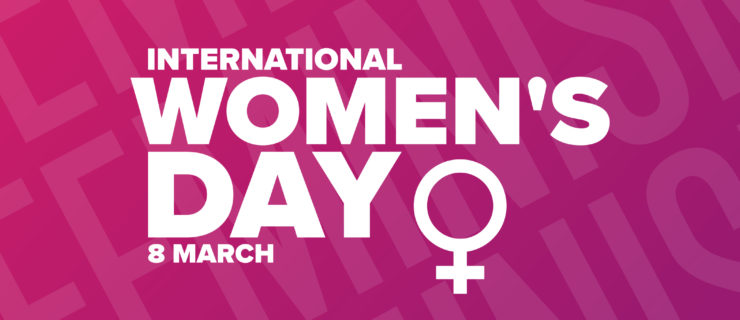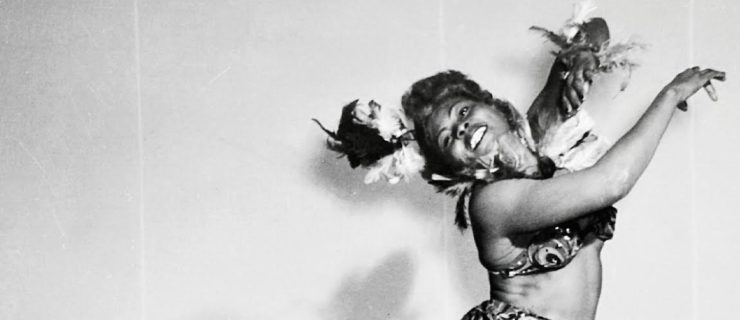How High School Students in New Orleans are Advocating for Social Change Through Dance
In New Orleans, LA, Dancing Grounds is more than just your average dance studio. Of course, the students dance—but they also have the opportunity to use their artistic talents to advocate for social justice issues.
Founded in 2012, Dancing Grounds has hosted six Dance for Social Change festivals. They originally started as a series of dance workshops that culminated in site-specific performances, and have grown each year to further encompass the studio’s mission of cultivating youth artists and social justice advocates. DG Uprising is the group of high school students behind the festival. “The program is free for all students entering ninth grade all the way up to seniors,” says Randall Rosenberg, Youth Programs director at Dancing Grounds.
Students begin preparing for the springtime Dance for Social Change Festival in September, meeting weekly to delve into the topics that affect them most. “Our first Dance for Social Change was about the school-to-prison pipeline and how the practices of the charter-school system in New Orleans affect the students both inside the school and after they leave the school in various ways, positive and negative,” Rosenberg says. “The topics are always student chosen.”

Youth performance groups from were around the city were invited to showcase work in the courtyard of ARISE Academy during the November Block Party. (Photo by Chiron Wicker)
The festival encompasses the dance styles that the students bring in, as well as poetry, music and visual arts. “Any art that you have access to can be used to express yourself,” Rosenberg says. “Using dance as a medium forces someone to stop and assess what it means to them at a deeper level.”
Daniel G., a sophomore with DG Uprising, started off in the youth program at Dancing Grounds. “As I got older and was moving to high school, I realized that dance could mean something more. It can have an impact, tell a story and spread awareness. DG Uprising was a needed outlet for my voice and the voices of other youth in New Orleans,” he says.

DG Uprising students lead warm-up for audience members at 2019-2020 Dance for Social Change Block Party in November 2019. (Photo by Chiron Wicker)
Growing up in the youth program at Dancing Grounds, Amaya S., now a sophomore with DG Uprising, couldn’t wait to join the ranks. “My favorite part about the program is being able to create pieces about topics that affect our lives on a daily basis. Also, being able to create art that can emotionally move people,” she says. According to Amaya, the program has helped her become more in touch with the emotional aspects of dance, specifically storytelling.
This year’s Dance for Social Change Festival, originally scheduled for March, was delayed due to the pandemic to May, and eventually celebrated virtually. According to Rosenberg, the extra two months allowed for creative innovation, and what was originally a 45-minute performance turned into a 20-minute film shown over Zoom. The festival included virtual panel discussions and workshops centered on this year’s theme of gentrification and displacement.
Rosenberg says that the program has long-lasting effects on the students, both in how they look at dance and how they look at the world around them. He hopes to expand the work of Dancing Grounds to the community at large. “I don’t think there is such a thing as ‘enough social justice advocates,’ and the more students we can get involved talking about the problems of today, the brighter a future we can create for tomorrow,” he says.
